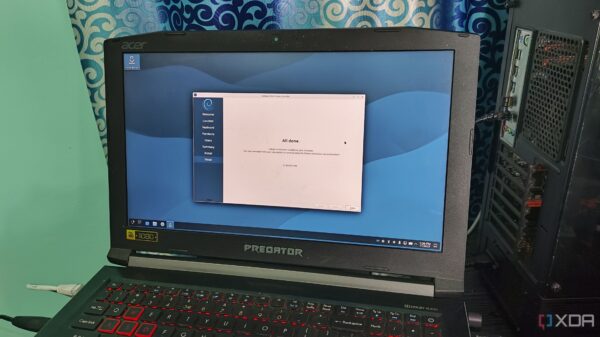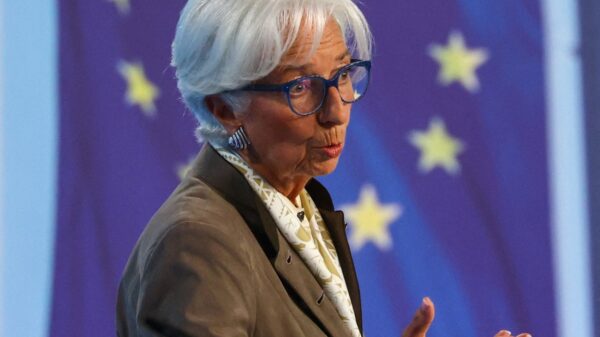The diabetes care landscape is set to evolve significantly with the upcoming launch of the Dexcom G7 continuous glucose monitor (CGM) and substantial price reductions for semaglutide therapies, including Ozempic and Wegovy. During a recent episode of the Diabetes Dialogue podcast, hosts Diana Isaacs and Natalie Bellini discussed these critical developments, emphasizing their potential impact on diabetes management.
Dexcom G7: A New Era for Continuous Monitoring
Isaacs, an endocrine clinical pharmacist at the Cleveland Clinic, announced that the Dexcom G7 sensor will officially launch on December 1, 2023. This new device features a 15-day sensor life and includes a 12-hour grace period, allowing users a seamless transition without the burden of frequent sensor changes. The G7 maintains the same compact design and accuracy that users expect from Dexcom products, with integration capabilities for devices such as Omnipod 5 and iLet available at launch. Compatibility with Control-IQ+ is anticipated to follow.
The hosts noted that the sensor’s extended wear capability could significantly enhance the patient experience, particularly as CGM adoption increases in primary care settings and among individuals with type 2 diabetes. Currently, the FDA’s approval restricts use to adults aged 18 and older, but pediatric applications are expected as further data emerges.
Another notable feature discussed was the Smart Basal function, which utilizes CGM data analytics to aid in basal insulin titration. This tool allows healthcare providers and patients to adjust insulin doses based on broader glycemic patterns rather than isolated fasting values. This innovation is particularly relevant in primary care, where under-titration of basal insulin is a common issue.
Significant Price Reductions for Semaglutide
The conversation then shifted to the recent updates in semaglutide pricing, which are poised to make these therapies more accessible. New self-pay pricing structures allow patients to purchase Ozempic for $199 during the first two months and $349 thereafter. This pricing represents a considerable decrease from previous cash prices and aligns similarly across all doses of Wegovy.
While affordability remains a challenge for many individuals requiring these medications, the hosts described these changes as a significant step toward making diabetes care more equitable. The adjustments bring U.S. prices closer to international standards and may facilitate access for those who do not qualify for traditional insurance or patient assistance programs.
Additionally, Isaacs and Bellini highlighted updated criteria for assistance programs and the ongoing availability of copay cards. Similar price reductions for tirzepatide’s Zepbound starter dose were also mentioned, indicating a broader trend towards improved affordability of diabetes medications.
The podcast concluded on an optimistic note, emphasizing that advancements like the longer-wear CGM technology, AI-supported insulin titration, and more accessible incretin-based therapies collectively enhance the future of diabetes management. These innovations present opportunities for improved patient outcomes across various clinical settings.
Relevant disclosures for Isaacs include partnerships with Eli Lilly and Company, Novo Nordisk, Sanofi, Abbott Diabetes Care, Dexcom, and Medtronic. For Bellini, disclosures include affiliations with Abbott Diabetes Care, MannKind, Provention Bio, among others.



































































